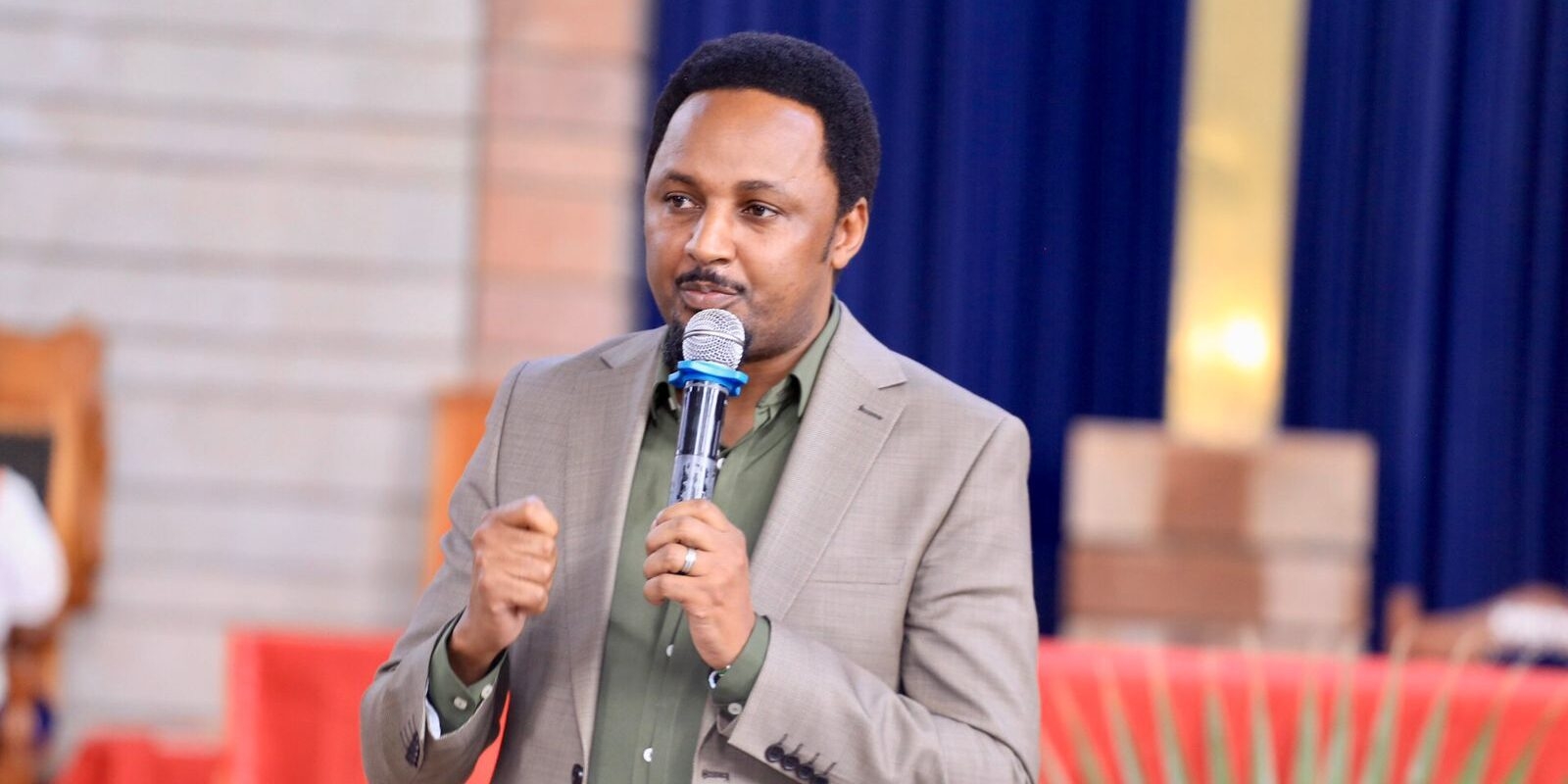Kenya is struggling to keep up with the ever-changing demands by the International Monetary Fund (IMF) on a facility issued to help the country navigate the impacts of Covid-19.
In a detailed critique of the facility's reviews now in the sixth edition since its initial issue in April 2021, the Institute of Economic Affairs (IEA) says the demands continue to harm Kenya's economy.
The economists' body has for instance chided the international lender for increasing demands from an initial 26 to 36 in the sixth review, terming the increment as unfair.
"As listed by IMF staff, it started with 26 conditions, a breach of any one of which could in principle have caused disbursements to stop. That number had ballooned by the 6th Review to 36, including those associated with borrowing under the Resilience and Sustainability Trust which began with the Fifth Review,'' IEA says.
The report dubbed 'And Then, Floods': A critical macroeconomic assessment of IMF Conditionality on Kenya, 2021-present adds that "as several of these were compound conditions, the effective number of conditions was typically considerably higher throughout.
Although the programme had well-intended objectives including resolving the cost-of-living crisis, climate change impacts, high poverty rates and inequality and elevated debt vulnerability, the analysis by IEA's Kwame Owino, Maureen Barasa, and Peter Doyle says the lender ignored some basic facts.
"The IMF was right in early 2021 that Kenya needed a successor programme to the Covid Rapid Credit Facility, beyond that, the programme was born in misdiagnosis, notably of Kenya’s underperforming growth, the exchange rate, the economy’s orientation, and the public debt stock."
According to the institute, targeted fiscal adjustment should have been front-loaded to let monetary policy drive exchange rate correction but instead, it was backloaded and the ultimate target balance was well above best practice.
"Despite the given rationale for rising revenue ratios to support government functions, they have been primarily in service of those sub-best-practice primary balance targets and have yielded chronic instability in tax structures.
According to the report, a raft of conditionality on warming was bolted onto it without explaining why that was the macroeconomic priority at that point and not food prices.
It further says that unenumerated by the IMF, real incomes are still falling, plummeting in some cases, especially at the low end, and the program finds itself in a doom loop—with output and revenue shortfalls generating tax adjustments that compound output shortfalls, and so on and on to uprising.
Despite all stated shortcomings by the IMF, the institute says that the lender continues to ignore corrections from policy analysts and the general population.
Instead of acknowledging and correcting it, the IMF's de facto response is exasperation at the market and public disquiet, insisting that Kenya “tough it out” with that indignant tone echoed, perhaps under duress, by some local officials.
"But instead of acknowledging and correcting it, the IMF's de facto response is exasperation at the market and public disquiet, insisting that Kenya “tough it out” with that indignant tone echoed, perhaps under duress, by some local officials."
"All of this represents a gross failure of IMF internal quality control. And as that has been persistent and systematic, the ultimate responsibility rests with Management and the IMF Executive Board."
The report indicates that a critical consequence is that all this has put a reform-minded President William Ruto into a position where he has appeared, up until now, to hear the IMF more than he hears Kenyans.
"The upshot of that is that Kenya now has to secure a belated fundamental economic reorientation as well as resolve complex debt sustainability and governance issues simultaneously."
Economists term it as a challenging trio because the intended boost to business investment from reorientation will be discouraged by the difficulties inherent in the resolution of the debt and the political challenges.
Although the members of the public who have been protesting for almost a month now want a total exit from the IMF, economists want the lender to change track and align with reality.
"The answer is not to toss the IMF baby out with the bathwater—but it has to change tack, abruptly."
To fix that, economists propose that the IMF discontinue lending to Kenya from the Resilience and SustainabilityFacility leaving the authorities to address those issues at their sovereign discretion.
"The IMF should stop concealing the rationales for core strategic decisions and parameters—including the medium-term primary balance and immediate revenue ratio target numbers."
According to the report, doing so substantively breaches IMF policy on transparency, under which only matters potentially disturbing to markets may be withheld.
The institute is appealing to President Ruto not to regard advocacy of the full agenda proposed here as either ingratitude for what the IMF has done so far or as extending yet another supplicatory black hand, but rather as Kenya—and Africa—demanding to be treated properly.
"Nor should he, on Kenya’s behalf, be resigned to half gestures from the IMF nor see them as some morality tale consequent of the policy missteps of earlier administrations."
"Ultimately, there is no virtue or African pride in paying a debt to the point of hunger and disorder, and no excuse—with dozens of young protesters dead and many more disappearing—for the IMF to fuel those flames."











